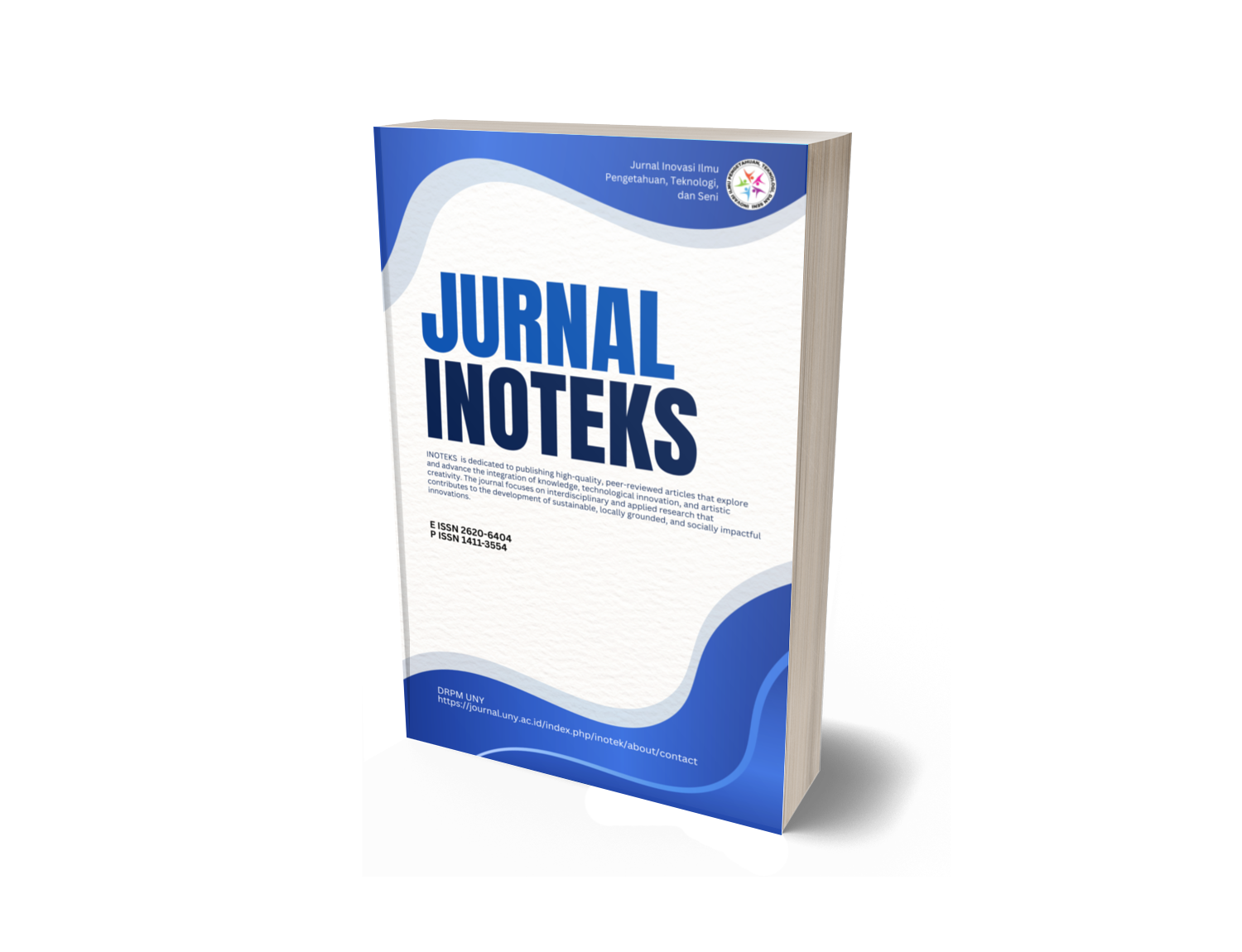PENYIAPAN ALUMNI JURUSAN PENDIDIKAN BAHASA INGGRIS MENJADI WIRAUSAHAWAN KURSUS
DOI:
https://doi.org/10.21831/ino.v20i1.11285Abstract
This article reports the community service project on the implementation of a training model specially designed for alumni of English Education Department (hereafter, EED), Ganesha University of Education. The gradual increase of student body in EED has been found to have a direct effect on the longer waiting time for employment. It is common that they work as part time English instructors in private English courses while waiting for permanent employment. This kind of job has been considered temporal and it is unlikely to be taken seriously. Private English courses that provide general English tuitions are abundant, therefore, to be competitive the training follows a 100-hour English for Specific Purposes (hereafter, ESP) model. The materials involve 8 ESP packages that comprise English for Policeman, for Banking, for Hotel & Restaurant, Tour Guides, for Secretary, for Public Relation, and for Art shop attendants and Street Vendors. They also learn about course management and conducting fun classroom activities. All the trainers are experienced human resources in the fields. The project results in 8 material packages and strong motivation of the alumni to start entrepreneurship in ESP courses
Downloads
Published
How to Cite
Issue
Section
Citation Check
License
- Authors certify that the work reported here has not been published before and contains no materials the publication of which would violate any copyright or other personal or proprietary right of any person or entity.
- Authors transfer or license the copyright of publishing to Jurnal Civics: Media Kajian Kewarganegaraan to publish the article in any media format, to share, to disseminate, to index, and to maximize the impact of the article in any databases.
- Authors hereby agree to transfer a copyright for publishing to Jurnal Civics: Media Kajian Kewarganegaraanas a Publisher of the manuscript.
- Authors reserve the following:
- all proprietary rights other than copyright such as patent rights;
- the right to use all or part of this article in future works of our own such as in books and lectures;
- use for presentation in a meeting or conference and distributing copies to attendees;
- use for internal training by author's company;
- distribution to colleagues for their research use;
- use in a subsequent compilation of the author's works;
- inclusion in a thesis or dissertation;
- reuse of portions or extracts from the article in other works (with full acknowledgement of final article);
- preparation of derivative works (other than commercial purposes) (with full acknowledgement of final article); and
- voluntary posting on open web sites operated by author or author's institution for scholarly purposes, but it should follow the open access license of Creative Common CC BY-NC-SA License.









